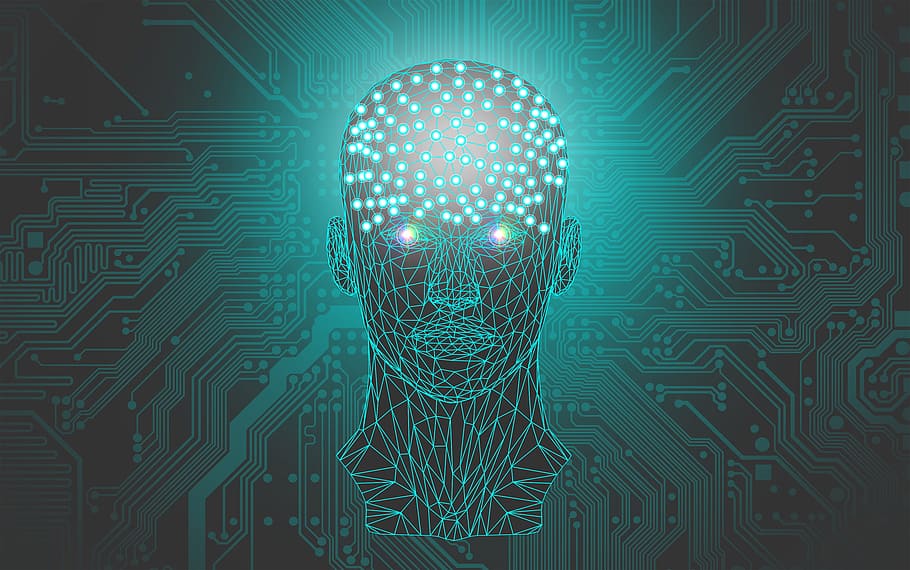Technology utilizing artificial intelligence (AI) makes life easier for people. Many sectors have been able to handle large data efficiently, reduce human error, and automate repetitive operations and procedures thanks to AI-enabled solutions. AI is more efficient than humans at handling numerous jobs at once, thinking faster, and operating continuously without breaks—all while producing correct results. Humans are only productive for a few hours a day and require time off and breaks for a good work-life balance.
Even with all of AI's advantages, there are certain risks that users need to be aware of. The top five risks associated with artificial intelligence are covered here.
1. Security risks
As artificial intelligence (AI) technology continue to advance in sophistication, so do security concerns and potential misuse. The same AI tools designed for human benefit can also be used by threat actors to carry out evil deeds like fraud and frauds. Your company's reliance on AI for operations is growing, so you need to be aware of potential security risks and take precautions to avoid them.
Among these AI security dangers include automated malware, data manipulation, and poisoning. Abuse of hallucinations and impersonation are further possibilities. To solve security issues with AI, take into account:
- putting cybersecurity risk reduction strategies for AI systems first
- enhancing the security of AI systems
- Including privacy into AI systems
- Creating moral AI standards
2. Job loss
The way we perform jobs, especially repetitive ones, has altered due to AI technology. It increases productivity, but it also results in employment losses. According to statistics, 45 million Americans, or about 25% of the labor force, could lose their employment due to automation caused by AI. Over the next ten years, AI might cause a billion job losses globally, with 375 million positions at risk of becoming obsolete due to automation.
3. Privacy concerns
In order to train AI models or customize user experiences, artificial intelligence (AI) systems typically gather data from all over the internet, including personal information. Furthermore, AI is data-driven, meaning that the more data it has, the more proficiently it will learn and operate. But it also raises serious privacy issues. AI records users' personal information and chat histories when they utilize it.
Sensitive information may be contained in the massive volumes of data that AI collects and analyzes. Insufficient security measures for sensitive data may make it easy prey for hackers and cybercriminals, leading to spear phishing scams and data breaches. Therefore, in order to protect privacy when utilizing AI, you should refrain from entering sensitive or private information.
4. AI over-dependence
Although AI makes life easier for humans, it also impairs their capacity for critical thought. Simple chores that formerly required problem-solving abilities are now delegated to AI-powered tools and systems. People become overly reliant on AI for information and decision-making, which undermines creativity and critical thinking abilities. AI also makes decision-making easier. As a result, they become passive data consumers, which may contribute to the dissemination of false information. Therefore, in order to maintain cognitive capacities, you should balance human input and AI.
5. Ethical dilemmas
There are several ethical conundrums as a result of the growing usage of AI. The application of AI in situations where moral or ethical judgment is required is one of the most important concerns. For example, while AI can help physicians and improve diagnosis, it is also capable of making mistakes that harm patients. Regulations that guarantee the appropriate and moral application of AI must be established in order to address such concerns.
Endnote
Even though AI provides numerous advantages, there are certain risks involved as well. Learn about the main risks associated with AI and how to protect yourself from them.


Comments
Post a Comment